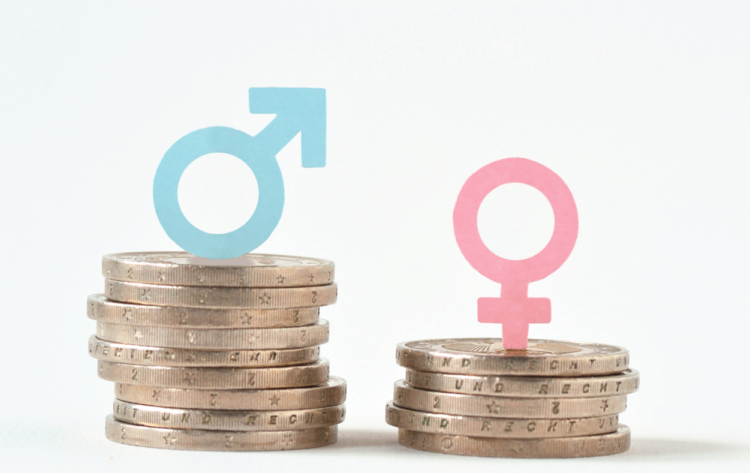Women are less likely than men to have asked for a pay rise this year, despite being equally impacted by the rising cost of living.
Research by Ciphr into the effects of the economic crisis revealed that only a quarter (26%) of female employees had requested a salary increase, compared to more than a third (36%) of males.
The HR software provider’s survey of 1,000 people further found that women were also less likely to have asked for a bonus related to the cost of living than men, at 7% versus 14% respectively. They were also discovered to be less likely to ask for a promotion, at 17% versus 22%, or more workplace benefits, at 11% versus 16%.
In terms of sick leave, the research showed female workers were most likely to say they couldn’t afford to take it, cited by 55% compared to 47% of males. They are also more likely to feel overwhelmed by the stress of money worries, noted by 80% versus 70%, and the most likely to believe they are not paid enough, at 38% versus 32%.
Additionally, the research revealed that fewer than half of the women polled believe that their pay sufficiently reflects their value at work in terms of skills and experience (45%) or their role and responsibilities (44%).
In comparison, nearly half (49%) of male respondents do feel adequately rewarded at work, with believing their wages reflect their skills and experience. More than half (51%) say it is in line with their role and responsibilities.
While the figures indicate small differences in how men and women view their wages, they highlight a big disparity in their actions. Of the men who were unhappy with their pay, almost half (48%) asked for a salary increase compared to less than a third (32% of women.
Additionally, even male employees who are unsure whether their pay is fair or not are more likely to ask for a salary increase than women who are sure they are not satisfied with theirs, at 38% and 32% respectively.
Claire Williams, chief people officer at Ciphr, said: “Much has already been written about how the salary ‘ask gap’ can contribute to pay inequality. It happens when people, usually women, sell themselves short by accepting a lower salary than they are perhaps ‘worth’, because they perceive the salary they are being offered as fair. Or, as highlighted by Ciphr’s latest research, they don’t ask for a pay rise at all – even if they are unhappy with their wages – maybe because they don’t feel confident, or encouraged, in asking for a higher salary.
“These employees then potentially end up being paid a lower market rate – sometimes compounded over years – than they should be, compared to others with similar skillsets, qualifications, and experience. This isn’t good for them, or, in the long-term, their employer, because people who don’t feel valued are much more likely to be looking elsewhere for a new job. And, until this cycle is stopped, it will keep perpetuating pay gaps.
“The onus is on employers to do more to fix this. As the latest ONS earnings figures show, disappointingly, the gender pay gap is still as wide as ever in many industries. Employers must be held accountable for doing what they can to reduce salary discrepancies – where they see them – within their organisations to ensure that all employees are being fairly financially rewarded for their efforts, and the value they bring to the business. Better representation of women and ethnic minorities at all levels, in all roles, is a vital part of driving this change and achieving pay equality. It’s also the best way of attracting and retaining the best employees long-term.”












